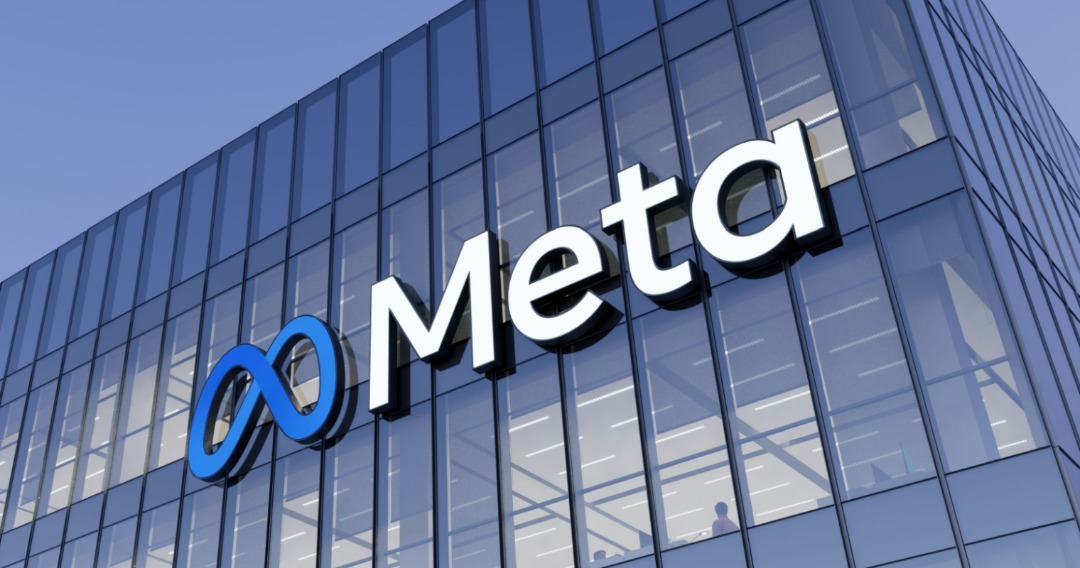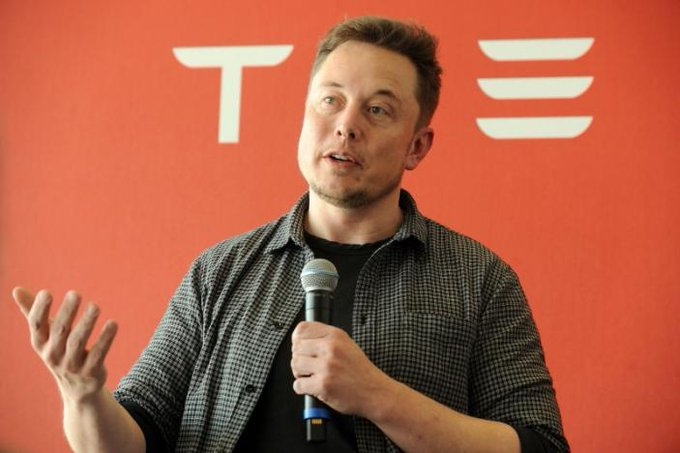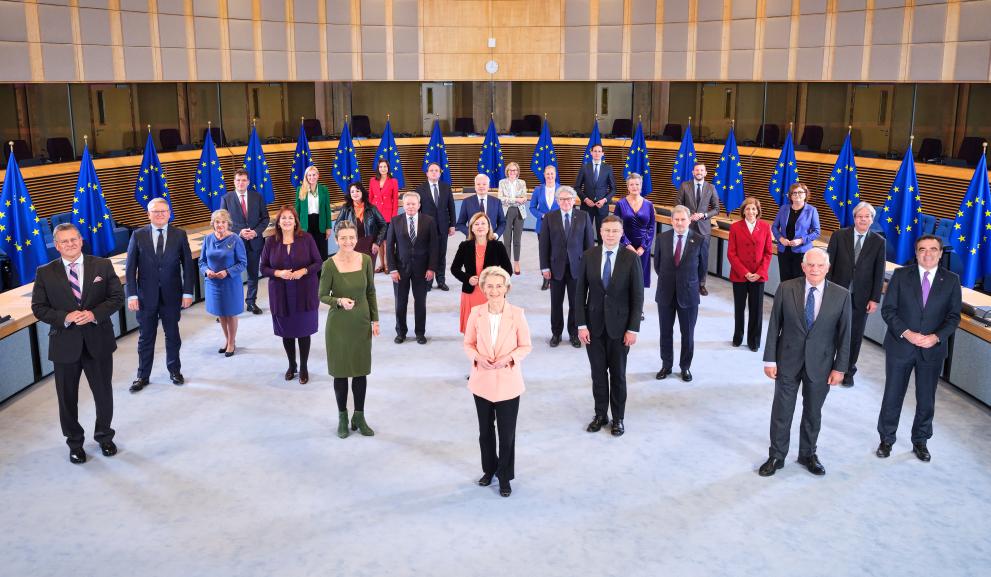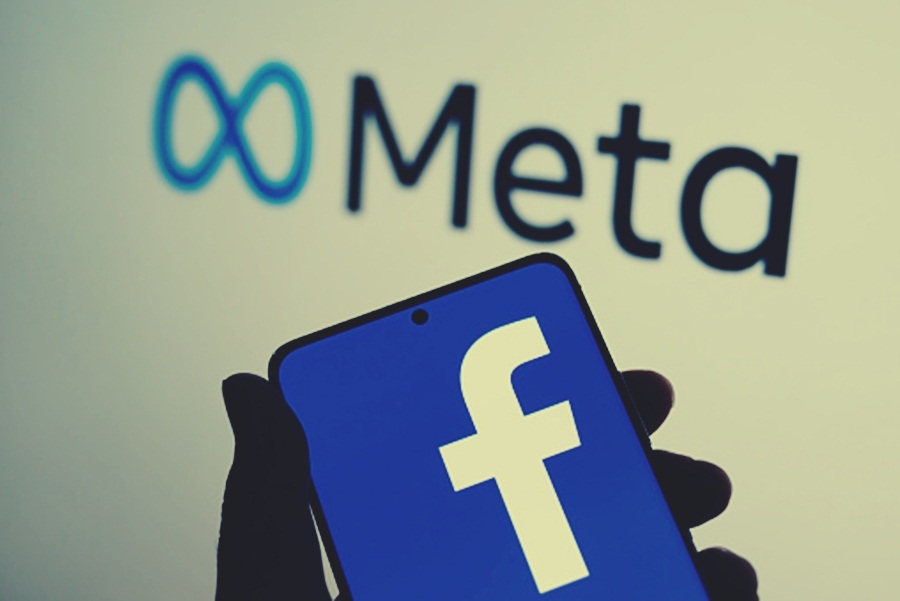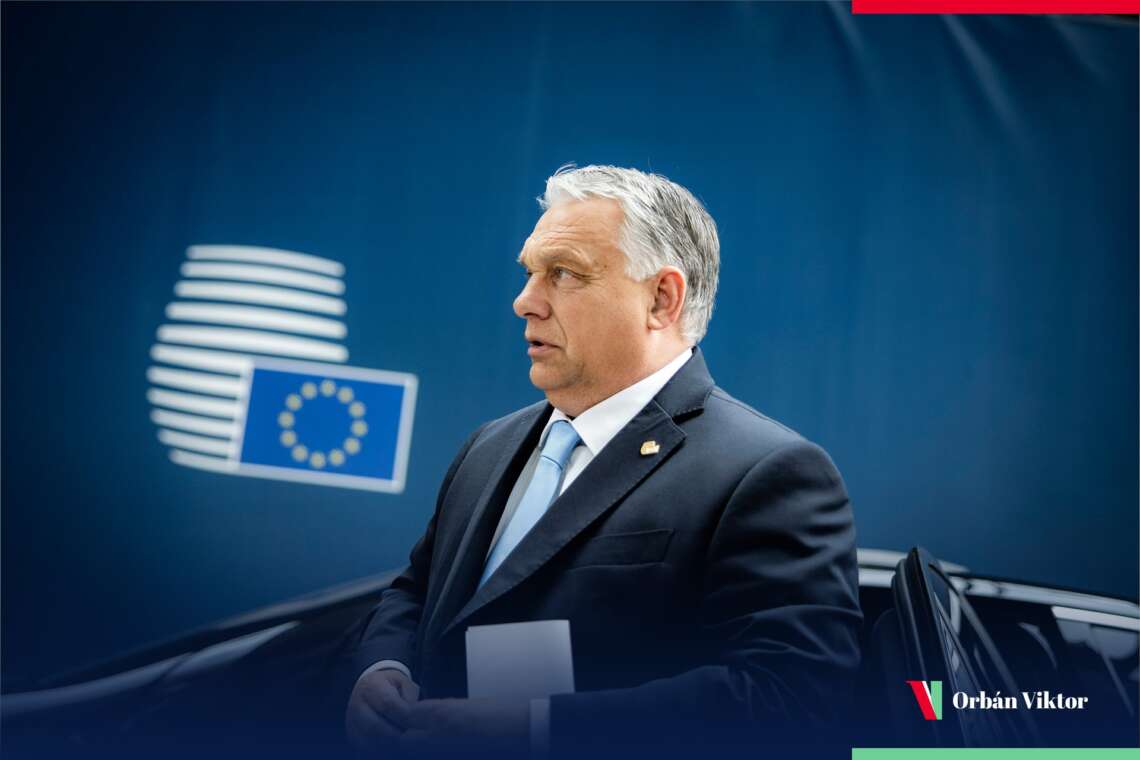Meta to Halt Political Ads in EU, Citing Legal Uncertainty Over New Rules
Meta, the parent company of Facebook, Instagram, and Threads, announced on Friday that it will suspend all political advertising across the European Union starting in October. The tech giant cited legal uncertainty surrounding new EU regulations aimed at increasing transparency in election-related campaigns.
In a blog post, Meta said it will no longer permit ads relating to political, electoral, or social issues on its platforms within the 27-nation bloc beginning early October. The company attributed the move to the EU’s new “Transparency and Targeting of Political Advertising” regulations, calling them “unworkable.”
“These rules introduce significant operational challenges and legal uncertainties,” Meta stated, explaining that compliance would demand substantial changes to its advertising systems, creating what it described as an “untenable” level of complexity for both platforms and advertisers.
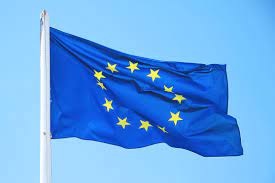
The EU legislation, which goes into effect on October 10, mandates that political advertisements must be clearly labelled, including disclosure of who paid for the ads and what specific campaign, legislative initiative, or referendum they support. Platforms will also be required to store such ads in a public database and restrict targeting practices to tightly controlled conditions.
Meta warned that the rules would impose “significant, additional obligations” that are difficult to implement effectively. The company added that the lack of legal clarity surrounding enforcement increases the compliance burden and risk.
Violations of the new rules could carry heavy penalties—up to 6% of a company’s global annual revenue—adding further incentive for platforms to steer clear of political advertising in the region.
Meta is not alone in reacting to the EU’s tightening of digital oversight. Last year, Google preemptively announced that it would stop serving political ads to EU users ahead of the regulation’s enforcement, citing similar concerns about legal ambiguity and logistical hurdles.
The new rules are part of a broader push by Brussels to protect elections from foreign interference and misinformation. They complement existing EU laws that safeguard user privacy and enforce platform accountability for harmful online content.
While Meta’s ban will affect paid promotion of political content, the company clarified that it will not restrict users from discussing political issues organically. Nor will the decision prevent politicians, elected officials, or candidates from sharing posts freely on its platforms.
“They just won’t be able to amplify this through paid advertising,” Meta said.
The move highlights the growing tension between Big Tech platforms and European lawmakers, as the EU continues to lead the global push for stricter regulation of digital spaces, even as it clashes with regulatory philosophies in countries like the United States.


